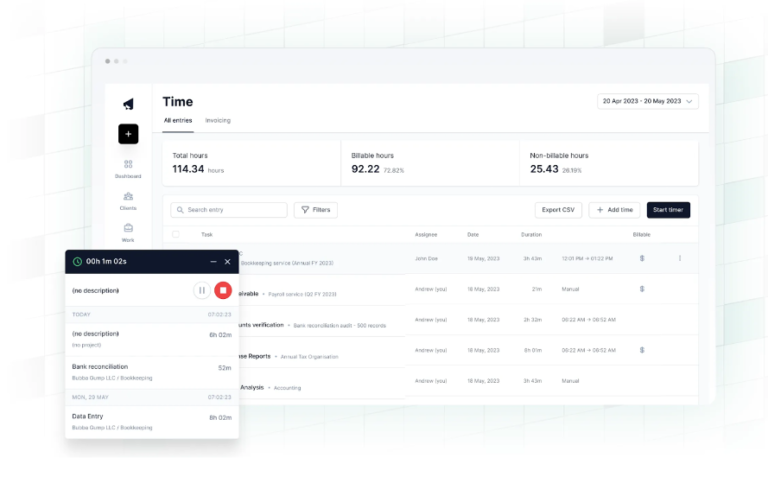
Business development managers (BDMs) are essential to an organization’s growth and success. They help drive revenue by identifying new business opportunities, building relationships, and crafting strategies to expand the company’s market reach. If you’re considering a career as a business development manager or already in the field, understanding the salary landscape can provide valuable insight into what you might expect to earn. In this guide, we’ll break down the typical salary range for business development managers, the factors that impact their pay, and tips for maximizing earnings in this dynamic role.
Read more: business development manager salary
Average Salary of a Business Development Manager in 2024
In 2024, the average annual salary for a business development manager in the United States is approximately $70,000 to $120,000, depending on factors like experience, location, and industry. Junior BDMs or those with entry-level experience might start on the lower end, around $60,000 to $70,000 annually. In contrast, seasoned managers with extensive experience, particularly in lucrative industries like technology, finance, or pharmaceuticals, can expect to earn upwards of $150,000 or more.
Salary Breakdown by Experience Level
1. Entry-Level (0-3 years): $60,000 – $75,000
2. Mid-Level (4-7 years): $75,000 – $100,000
3. Senior-Level (8+ years): $100,000 – $150,000+
4. Executive-Level (Director/VP): $150,000 – $200,000+
This wide range reflects how skills and experience significantly impact earning potential. A business development manager with a robust network, specialized knowledge, or a history of successful deals can often command a higher salary.
Key Factors Influencing BDM Salaries
Several factors can affect the salary of a business development manager, including:
1. Industry
Different industries pay varying salaries for BDM roles. For instance, BDMs in technology, finance, and healthcare often earn more than those in other sectors due to the high value of new partnerships and market expansion opportunities in these fields. Technology BDMs, for example, might earn up to 20-30% more than their counterparts in retail or hospitality.
2. Location
Salary expectations for business development managers vary significantly by location. Major urban centers like New York, San Francisco, and Seattle offer higher pay due to the higher cost of living and a greater concentration of businesses in need of development services. A BDM in San Francisco might earn an average of $120,000 annually, while a similar position in a smaller city might pay around $80,000.
3. Company Size and Revenue
The size and revenue of the company also play a critical role in determining a BDM’s salary. Larger corporations with more extensive budgets often offer higher salaries and bonuses. Small to mid-sized companies may pay less, but they might offer unique growth opportunities, flexible benefits, or equity options that make up for the salary difference.
4. Education and Certifications
Business development managers with advanced degrees, like an MBA or certifications in sales and marketing, can often negotiate higher salaries. Specialized courses in business development, such as Project Management Professional (PMP) or Certified Business Development Expert (CBDE), can also make a BDM more competitive in the job market and boost earning potential.
5. Performance-Based Bonuses and Commissions

Many business development roles include a performance-based bonus or commission component. Since BDMs often work on expanding business and closing deals, they may earn bonuses for achieving or exceeding sales targets. This variable component can add 15-30% to the base salary for top-performing managers.
How to Maximize Your Salary as a Business Development Manager
If you’re aiming to increase your earnings as a business development manager, here are some tips to consider:
1. Gain Industry-Specific Knowledge
Specializing in a specific industry, such as technology, healthcare, or finance, can open up higher-paying opportunities. Companies often seek candidates with in-depth knowledge of their sector’s unique challenges and opportunities, which can make you a valuable asset and justify a higher salary.
2. Build and Leverage a Strong Network
BDMs thrive on networking and relationship-building. A strong professional network can help you identify lucrative opportunities, potential clients, and partnerships. Additionally, networking often leads to a better understanding of industry benchmarks and standards, giving you an advantage when negotiating salaries.
3. Demonstrate Proven Results
Documenting your achievements, such as successfully closed deals, increased revenue, and new market penetration, provides tangible evidence of your value to current and potential employers. Quantifying results and achievements in your resume and during performance reviews can be a compelling way to negotiate for a higher salary or bonus.
4. Pursue Relevant Certifications
Certifications in business development, sales, and related areas can enhance your skills and give you a competitive edge. Programs like HubSpot Sales Certification or Certified Professional Salesperson (CPSP) showcase your commitment to the field and may lead to salary increases.
5. Seek Opportunities in High-Paying Regions
Relocating to high-demand areas like New York, California, or Texas may provide access to higher-paying roles. Additionally, with the rise of remote work, you might explore positions in high-paying regions without needing to relocate, which can boost your salary while keeping living costs lower.
6. Negotiate Compensation Beyond Base Salary
Many business development roles offer negotiable benefits beyond base salary. Options like performance bonuses, stock options, flexible work schedules, and professional development funding can add substantial value to your total compensation package. Negotiating these perks can increase your overall compensation even if the base salary has limitations.
Career Growth and Long-Term Salary Potential
Business development managers have ample opportunities for career growth. Many transition to executive roles, such as Director of Business Development or VP of Sales. These positions come with higher salaries, often ranging from $150,000 to $200,000 or more depending on the industry. Gaining cross-functional experience in marketing, operations, or product development can further enhance your qualifications for these advanced roles.
Transitioning to Higher-Paying Roles
In addition to formal promotions, some business development managers choose to specialize as strategic consultants or pursue entrepreneurial ventures. These avenues may offer even greater earning potential but often come with added responsibilities and risk. Consulting in business development or even starting your own consulting firm could be lucrative options for those with strong networks and proven results.
Final Thoughts
The salary for a business development manager can vary widely based on experience, industry, location, and performance. Those looking to maximize their earnings should focus on gaining specialized skills, networking, demonstrating measurable results, and negotiating compensation packages that go beyond base salary. With dedication and the right strategies, business development managers can build a rewarding career both financially and professionally.
Whether you’re just entering the field or seeking advancement, knowing what to expect from a business development manager’s salary can help you plan a successful career path in this vital and exciting role.






1 thought on “Exploring the Salary of a Business Development Manager: What to Expect in 2024”